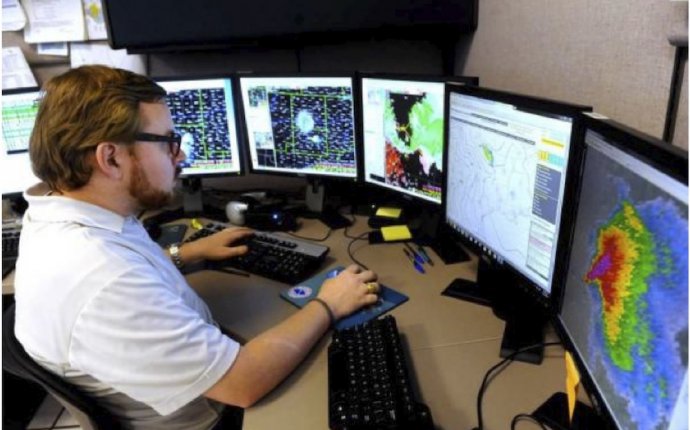
What Careers Involve Physics?
 Einstein's theory of relativity represents a pivotal moment in physics.
Einstein's theory of relativity represents a pivotal moment in physics.
Hemera Images
Physics is the study of energy, such as gravity, motion, light or electricity, and matter. The study of physics applies to a variety of fields that require knowledge of energy and matter, such as engineering or medicine. Physics is included in many undergraduate degree programs, and some graduate programs include advanced courses in the subject.
Physicist
Physicists study our physical world and the laws of energy, time, matter and space. A research scientist develops theories to explain the laws and properties of the physical world and conducts experiments to test the validity of his ideas, but others may apply their research to practical areas, such as medicine. Physicists write scientific papers to share their theories and experiments with others in the scientific community. According to the U.S. Bureau of Labor Statistics, physicists must have a minimum of a Ph.D. in physics to work in a research position, but those working in research for a manufacturing or health care company may qualify with a master’s degree. A doctoral program requires advanced mathematics courses, and some students concentrate their education in one area of physics. An undergraduate degree in physics may qualify a student for a position as a research assistant.
Aerospace Engineering
Aerospace engineers design missiles, satellites, aircraft and spacecraft. Engineers oversee the production and testing of aerospace devices to ensure the quality and safety of the system. Aerospace engineers may specialize in an area of the field, such as guidance systems, robotics, structural design, navigation or instrumentation. An aerospace engineering degree program includes extensive coursework in physics and advanced mathematics. A minimum of a bachelor’s degree in aerospace engineering is required to work in the position.
Biophysicist
Biophysicists use the laws and principles of physics to research biological systems at the molecular level. Researchers in biophysics conduct research, manage laboratory workers, prepare scientific reports and present the findings of their studies to other professionals in the field. A research position in biophysics requires a Ph.D., but those with a bachelor’s or master’s degree may qualify for entry-level positions. A doctoral degree requires an undergraduate degree in biophysics or another science field, such as physics.
Environmental Science
Environmental scientists use research and knowledge of natural science to preserve and protect the earth’s environment. Research scientists collect and analyze data, develop plans to rectify environmental issues, prepare technical and scientific reports and present findings to the environmental community. A bachelor’s degree in environmental science is the minimum requirement for an entry-level position. Some positions may require a graduate degree, such as those in research. Environmental science degrees require coursework in natural sciences, such as biology, physics, chemistry and geology.
Astrophysicist
Astrophysicists research and study the physical laws and principles of the universe. The science of astrophysics is a combination of astronomy and physics, which focuses on motion, light and the physical characteristics of the universe. Scientists develop theories on the physical properties of the universe to explain such issues as expansion or black holes. A research position in astrophysics requires a minimum of a Ph.D. in most cases. Students in a doctoral program study astronomy, physics and advanced mathematics. According to the statistics bureau, most graduate students have an undergraduate degree in physics or a related scientific field.











